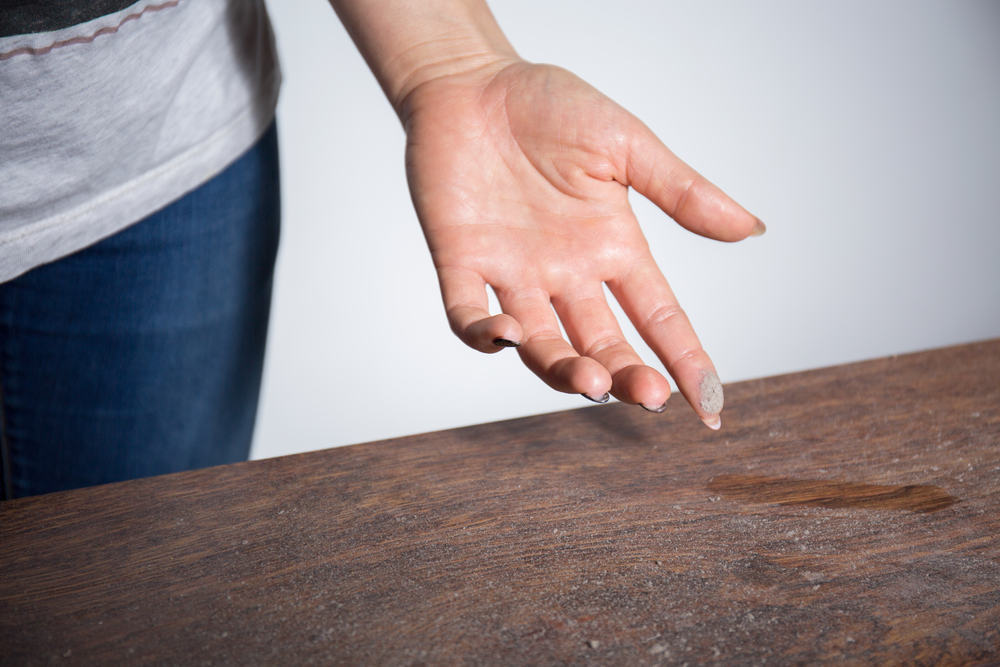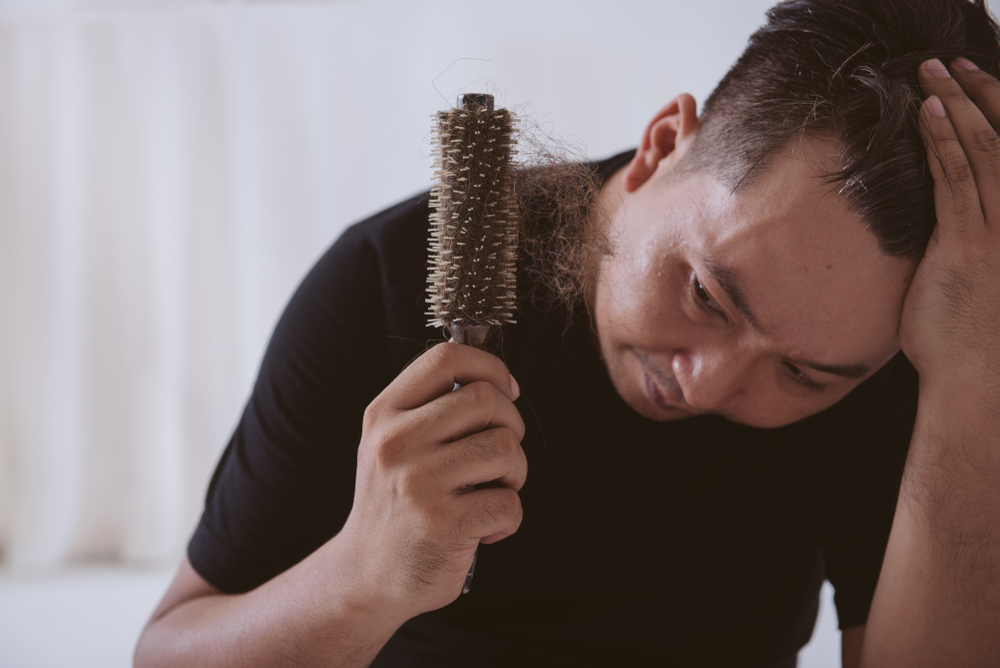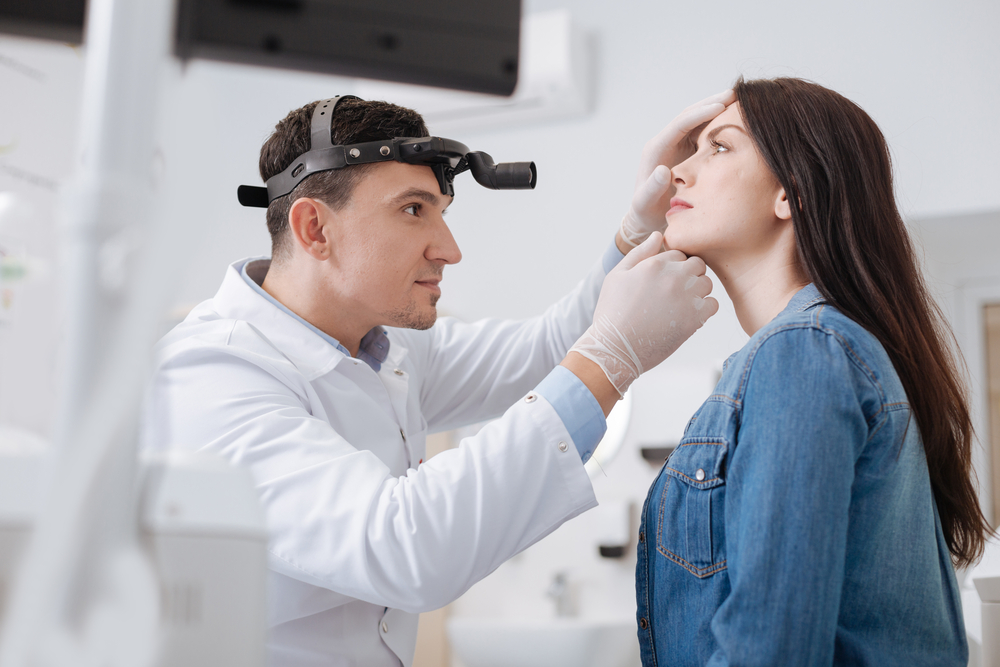Contents:
Medical Video: Peripheral Neuropathy
1. Definition
What is peripheral neuropathy?
Peripheral neuropathy is a term that describes damage to one or more of your peripheral nerves. Damage means that messages that travel between your central and peripheral nervous system are disrupted. There are many different conditions that can cause peripheral neuropathy. Diabetes is the most common cause of chronic peripheral neuropathy.
What are the signs and symptoms?
Every nerve in your peripheral system has a specific function, so the symptoms depend on the type of nerve affected. Nerves are classified as:
- Sensory nerves, which receive sensations from the skin such as temperature, pain, vibration or touch
- Motor nerves that control how your muscles move
- Autonomic nerves that control functions such as blood pressure, heart rate, digestion, and bladder
Signs and symptoms of peripheral neuropathy may include:
- Gradual attacks, numbness and tingling in the legs or arms, which can spread upward to the legs and arms
- Pain that is striking and feels piercing or burning
- Extreme sensitivity to touch
- Lack of coordination and falling
- Muscle weakness or paralysis if the motor nerves are affected
If the autonomic nerves are affected, signs and symptoms may include:
- Heat intolerance and changes in sweat
- Bowel, bladder or digestive problems
- Changes in blood pressure, causing dizziness or a floating head
Peripheral neuropathy can affect one nerve (mononeuropathy), two or more nerves in different regions (multiple mononeuropathy), or many nerves (polyneuropathy).
2. How to overcome them
What should I do?
Here are suggestions to help you manage peripheral neuropathy:
- Take care of your feet, especially if you have diabetes. Check every day for blisters, cuts, or calluses. Wear soft, loose cotton socks and soft shoes.
- Exercise. Ask your doctor about routine exercise that you can do. Regular exercise, such as walking three times a week, can reduce the pain of neuropathy, increase muscle strength, and help control blood sugar levels. Mild routines like yoga and tai chi may also help.
- Quit smoking. Smoking can affect circulation, increasing the risk of foot problems and other neuropathic complications.
- Eat healthy food. Healthy eating is very important to ensure that you get important vitamins and minerals. Eat low-fat meat and milk products and include lots of fruits, vegetables and whole grains in your diet.
- Avoid excessive alcohol. Alcohol can worsen peripheral neuropathy.
- Monitor your blood glucose level. If you have diabetes, monitoring your blood glucose levels will help keep your blood sugar under control and can help cure your neuropathy.
When do I have to see a doctor?
In general, the faster diagnosed peripheral neuropathy is, the better your chances of limiting damage and preventing further complications. It is important to see a general practitioner if you experience symptoms of peripheral neuropathy.
3. Prevention
Everyone can reduce the risk of peripheral neuropathy by maintaining reasonable alcohol intake according to medical guidelines. A healthy balanced diet is also important to prevent nutritional deficiencies in food.
Type 2 diabetes is the most common cause of chronic peripheral neuropathy. Diabetes is more common in people who are overweight or obese. Therefore, controlling weight can help reduce the risk of developing diabetes. If you have diabetes or other medical problems that can cause peripheral neuropathy, good control of your condition can prevent the appearance of neuropathy.











